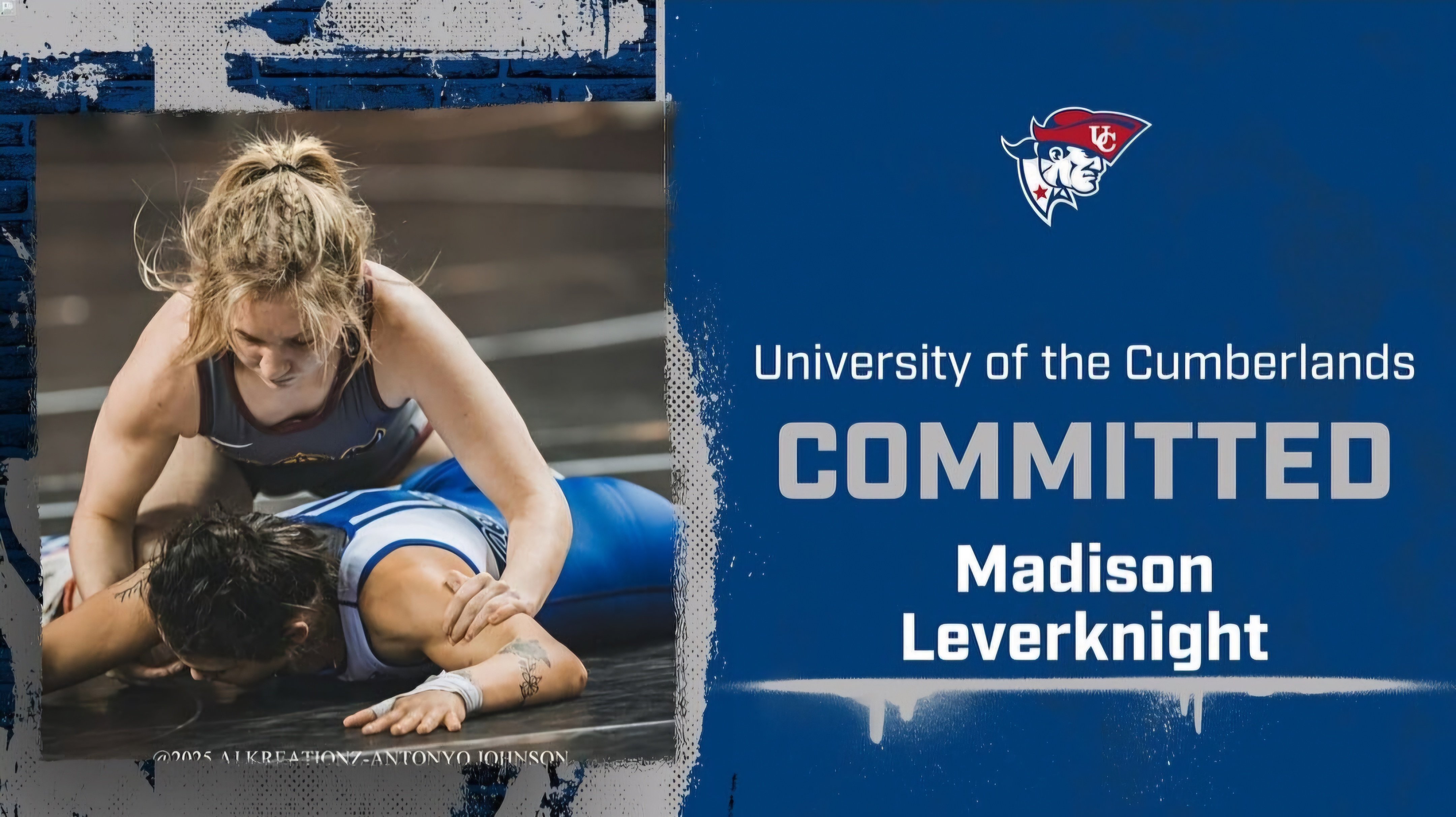Utilitarian vs. Deontological Ethics: Where Do You Stand?
-
Latest Rankings
-
Updated
-
Updated
-
Updated
-
Updated
-
-
College Commitments
Ruth Jimenez-Batista
Tina Padilla De Sanz via Indian Hills CC, Puerto Rico
Class of 2025
Committed to Cumberlands (Women)
Projected Weight: 138
Genesis Gilmore
Montgomery Central via Indian Hills CC, Tennessee
Class of 2025
Committed to Cumberlands (Women)
Projected Weight: 160
Madison Leverknight
Winnetonka via Indian Hills CC, Missouri
Class of 2025
Committed to Cumberlands (Women)
Projected Weight: 110
Zoe Hussar
Rossford via Siena Heights, Ohio
Class of 2025
Committed to Tiffin (Women)
Projected Weight: 145







Recommended Posts
Create an account or sign in to comment
You need to be a member in order to leave a comment
Create an account
Sign up for a new account in our community. It's easy!
Register a new accountSign in
Already have an account? Sign in here.
Sign In Now